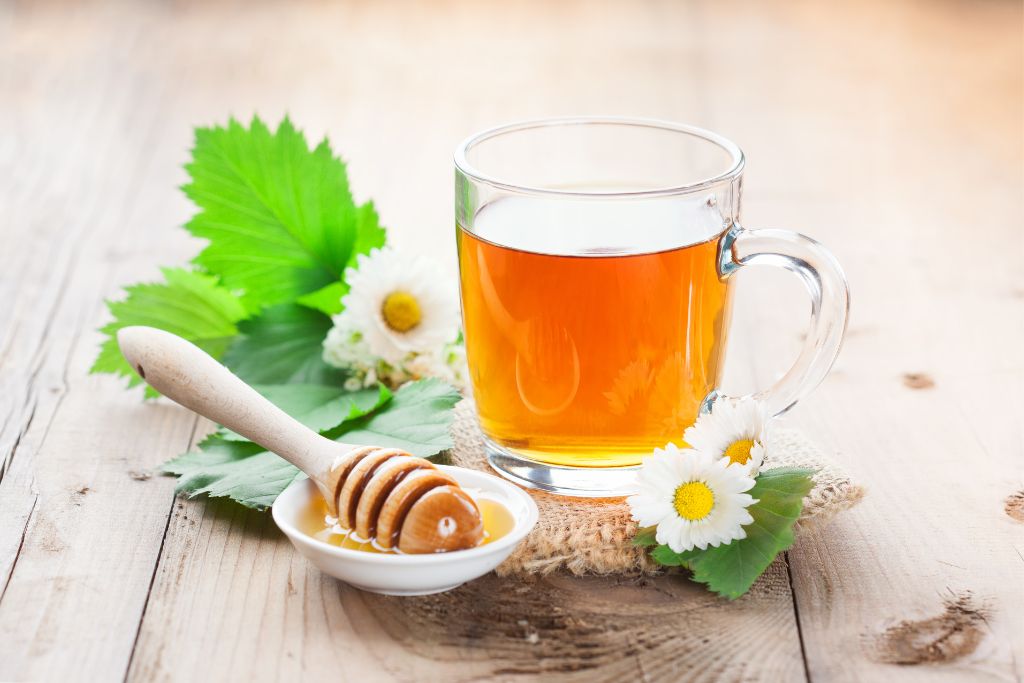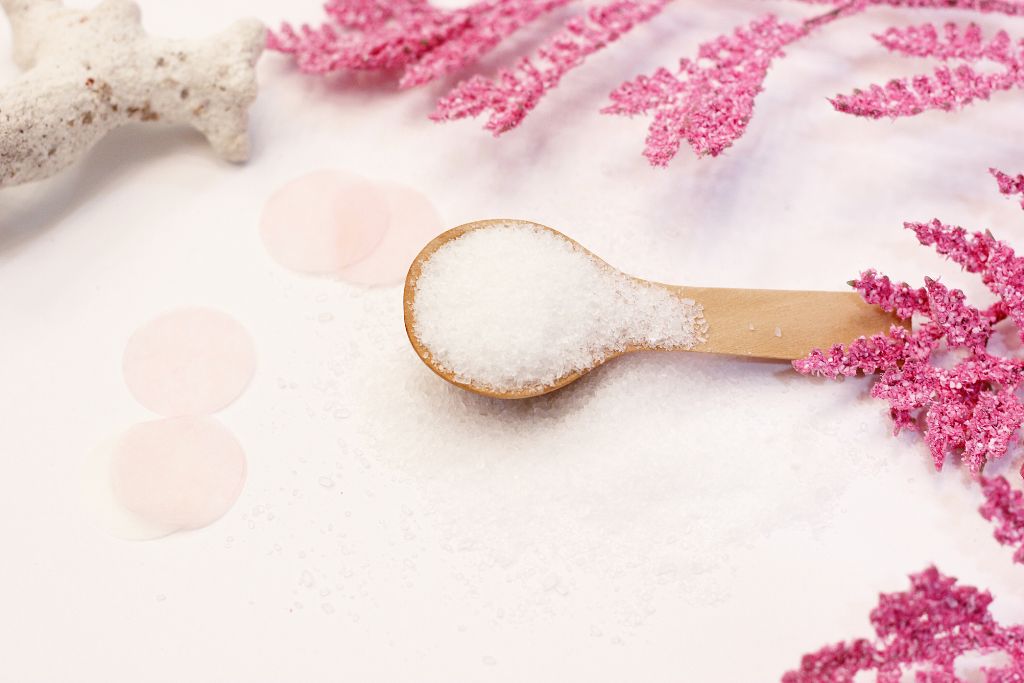A common cold is a respiratory infection caused by viruses. The virus causes a runny nose, sore throat, sneezing, and other symptoms. There’s no medication that can cure a cold, but there are a number of natural ways to relieve some of its more unpleasant side effects. These remedies may help you feel better faster.
Thyme Tea
If you feel like a cold is setting in, give this simple tea a go. Thyme has antiviral, antibiotic, antimicrobial, decongestant, and expectorant properties so it will help keep the cold bugs at bay.
It’s also known to be a natural calming agent so it can soothe your nervous system too. Try sipping it before bed or during stressful moments at work to calm your mind and body.

To make this simple thyme tea, boil two cups of water and pour over a teaspoon of dried thyme or 2 teaspoons of fresh leaves (bruise them to release their oils). Stir in some gorgeous honey to taste and enjoy!
Ginger
Ginger has a strong aroma and is an expectorant that helps get rid of mucus from the body. It also helps prevent phlegm buildup in the body and aids in removing flu and infections.
Ginger is also a good source of bioactive compounds called gingerols and schools which have anti-inflammatory properties. Studies show that these compounds may reduce your risk for sore throats and other conditions caused by inflammation.

Taking a teaspoon of raw ginger root daily can be a very effective way to combat your cold and cough. You can also chew on ginger lozenges or candies.
Garlic
Garlic (Allium sativum) is a herb, spice, and vegetable that is botanically related to onions, scallion, chives, and leeks. It’s a natural antibacterial, antiviral, and antioxidant that has been used as a treatment for both chronic diseases and acute conditions like colds for thousands of years.
For instance, a recent study in Advances in Therapy found that participants taking a garlic supplement for three months were 63% less likely to develop a cold. In addition, the number of days that the participants were unwell was significantly shorter in the garlic group than in the placebo group.

Another benefit of garlic is that it may help reduce inflammation in the body, which has been linked to a number of serious chronic diseases. In addition, it has been shown to protect against heart disease and diabetes in laboratory studies.
Epsom Salts
Epsom salts are a natural, safe, and effective remedy for many health concerns. They are a mineral compound made up of magnesium and sulfate.
Magnesium helps to regulate blood pressure, heart rate, and bone strength, while sulfate assists in flushing toxins out of the body. Both minerals are necessary to maintain healthy energy levels, immune function, and overall physical well-being.

They also work to relieve pain and inflammation in joints. This is especially beneficial for people who have rheumatoid arthritis, fibromyalgia, and other chronic conditions that cause joint inflammation.
Another great use of Epsom salts is as a first-aid remedy for minor cuts, burns, and splinters. Soaking in a warm bath with Epsom salts can help reduce swelling around the wound, making it easier to remove.
Vitamin C
Vitamin C is a potent antioxidant that helps your body fight off cell-damaging free radicals. It also works as a vital component of your immune system.
However, while a lot of studies have shown that people who take vitamin C before they get a cold have fewer symptoms and shorter colds, the evidence doesn’t show that it actually prevents a cold.

In fact, a new Cochrane systematic review (opens in new tab) found that there’s no evidence that taking vitamin C regularly reduces the risk of getting colds.
Despite this, it’s worth noting that it may help people who are exposed to intense physical exercise. Research has shown that athletes who take vitamin C regularly are half as likely to get a cold as athletes who don’t.